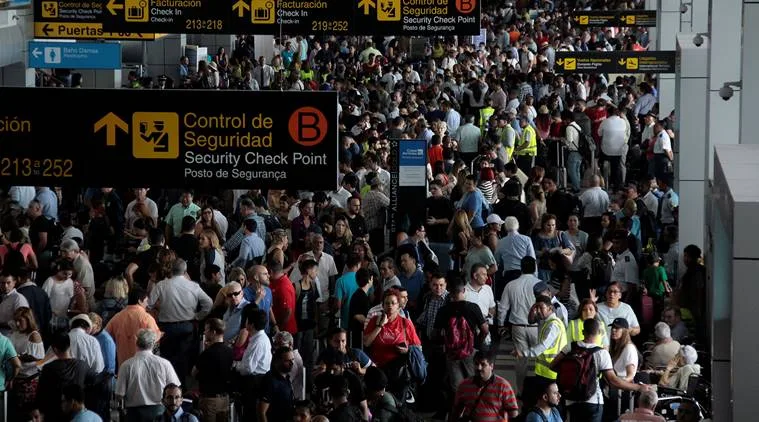LONDON, April 29 —
Spain and Portugal experienced one of the largest power outages in recent European history, with their electricity grids losing over 10 gigawatts (GW) of capacity, according to reports from the Financial Times.
The blackout, which struck on April 28, affected millions of residents across major cities, including Madrid and Barcelona in Spain, as well as Lisbon and Porto in Portugal. The disruption led to widespread chaos, halting public transportation, shutting down airports, and leaving mobile networks and internet services down.

Impact on Infrastructure and Daily Life
In Madrid, mobile internet and communication services were completely unavailable, according to a TASS correspondent. The Madrid Airport and metro system also suffered major disruptions, forcing authorities to implement emergency measures.
Portugal’s national grid operator reported that the blackout paralyzed train services, disrupted traffic signals, and forced hospitals to rely on backup generators. The Lisbon Metro was brought to a standstill, while airports in Porto and Faro switched to emergency power.

Possible Causes and Recovery Efforts
While the exact cause of the outage remains unclear, Portugal’s grid operator REN suggested that a rare atmospheric phenomenon may have triggered anomalous oscillations in Spain’s high-voltage power lines. Spanish authorities have yet to confirm this theory but have described the event as “exceptional and extraordinary”.
Spain’s electricity operator Red Eléctrica estimated that full restoration could take between six to ten hours, while Portugal warned that some areas may remain without power for up to a week. Emergency response teams are working around the clock to stabilize the grid and prevent further disruptions.

Historical Significance
Experts believe this blackout could surpass Europe’s largest recorded outage, which affected 56 million people in Italy and Switzerland in 2003. The incident has raised concerns about grid stability and the vulnerability of interconnected power networks across the continent.
Governments in Spain and Portugal have convened emergency meetings to assess the situation and implement preventative measures to avoid future large-scale failures.
